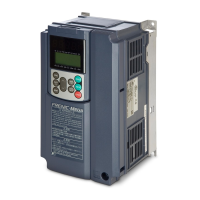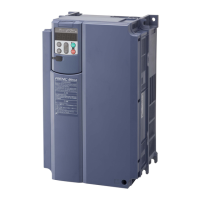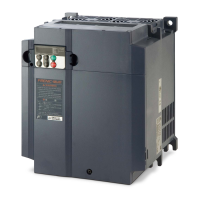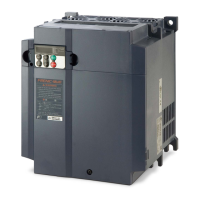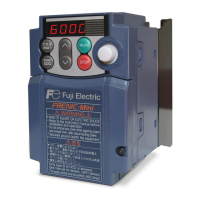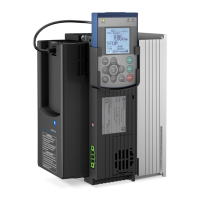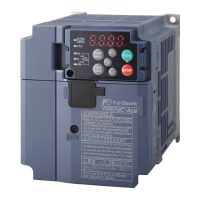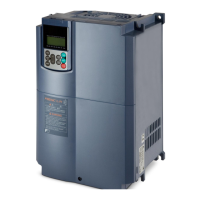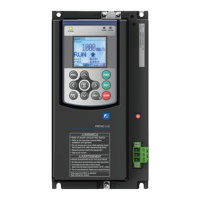9.1 Overview of RS-485 Communication
9.1 Overview of RS-485 Communication
The FRENIC-MEGA has two RS-485 COM ports at the locations shown below.
(1) COM port 1: RJ-45 connector for keypad connection (modular jack)
(2) COM port 2: RS-485 terminals (control terminals [SD], [DX-], [DX+])
Using the RS-485 COM ports shown above enables the extended functions listed below.
• Remote operation from keypad (COM port 1)
The standard keypad enables remote operation by mounting the keypad on a remote panel and connecting the
keypad to RJ-45 connector with an extension cable. (maximum cable length: 20m (65.6ft))
• Operation by FRENIC Loader (COM ports 1 and 2)
FRENIC Loader (see “9.2 FRENIC Loader Overview”) can also be used by connecting RS-485 communication
port 1 or 2 to a computer using a USB converter.
(FRENIC Loader can also be operated by connecting the USB port on the keypad directly with the USB port on
a PC.)
• Control via host equipment (COM ports 1 and 2)
Connecting the inverter to the host equipment (upper controller), such as a computer and programmable
controller (PLC), enables to control the inverter as a subordinate device.
In addition to the COM port (RJ-45 connector) shared with the keypad, FRENIC-MEGA is also equipped with an
RS-485 terminal as standard.
The protocols for controlling inverters support the Modbus RTU protocol (compliant to the protocol established
by Modicon Inc.) that is widely used and the Fuji Electric’s general-purpose inverter protocol that is common to
Fuji Electric’s inverters including conventional series.
• Connecting the keypad to COM port 1 automatically switches to the keypad protocol; there is no need
to change the function code setting.
• In the case of FRENIC Loader, Modbus RTU protocol is used.
For details, refer to the “FRENIC Loader Instruction Manual”.
For details of RS-485 communication, refer to the RS-485 Communication User’s Manual.
RS-485 terminals (control terminals
[SD], [DX-], [DX+])
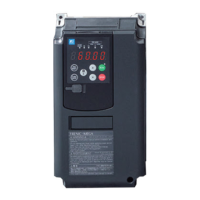
